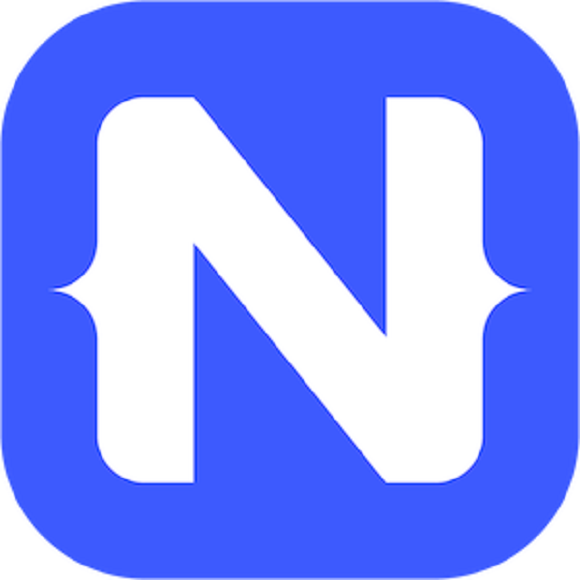Progress releases NativeScript 4.0
Progress has announced the release of NativeScript 4.0, an open source framework for delivering cross-platform, native iOS and Android apps.
NativeScript apps are built using JavaScript, or by using any language that ‘transpiles’ to JavaScript, such as TypeScript.
NOTE: As explained by Steve Fenton here: compiling is the general term for taking source code written in one language and transforming into another – and so therefore, ‘transpiling’ is a more specific term for taking source code written in one language and transforming into another language that has a similar level of abstraction.
The new version of NativeScript boasts Angular-based enhancements, streamlined workflows, advanced navigation scenarios, integration with Vue.js and out-of-the-box assets generation.
NOTE: Angular is an open source front end web application platform and Vue.js is an open source JavaScript framework for building user interfaces.
With nearly 70% of the developer population (approx. 21 million worldwide) selecting JavaScript as the development language of choice, Progress says that this latest release of NativeScript will bring welcome language proximity to those developers – it features new core framework enhancements and plugins as well as tooling updates designed to help developers boost productivity.
Angular developers should be happy.
Developer advocate for Angular Stephen Fluin has noted that NativeScript now provides official support for processes and tooling for building web and mobile apps with the Angular CLI from a single code base. This enables developers to add native mobile projects to existing Angular and web projects by reusing an existing code base.
This also includes support for Angular Schematics, the workflow tool focused on ease of use and development, extensibility and reusability, atomicity and asynchronicity.
NOTE: In database systems, atomicity (or atomicness; from Greek atomos, undividable) is one of the ACID (Atomicity, Consistency, Isolation, Durability) transaction properties. An atomic transaction is an indivisible and irreducible series of database operations such that either all occur, or nothing occurs.
LiveSync with Webpack
NativeScript developers can now enable LiveSync with Webpack simultaneously.
NOTE: Webpack is an open source JavaScript module bundler. It takes modules with dependencies and generates static assets representing those modules.
This allows for better development experience as developers can Webpack an application as part of the development process. This will make identifying and addressing issues earlier in the development lifecycle, prior to going into release mode, easier.
According to Progress, “While asset generation was previously a common problem for developers, the latest release of NativeScript is now able to generate icons and splash screens based on a single high-resolution image, as chosen by the developer. This saves time by eliminating the need for image editing.”
Vue.js Integration
As noted above, NativeScript also has expanded functionality for Vue.js developers in relation to code sharing capabilities.
“It is no secret that building high-quality mobile apps requires native capabilities. NativeScript puts those capabilities into the hands of a large population of developers who want to use their skills in JavaScript, Angular, TypeScript or Vue.js to build the next wave of modern mobile apps,” said Dmitri Tcherevik, chief technology officer, Progress. “The latest release of NativeScript continues our mission to empower those developers to create high-impact and high-performing iOS and Android apps faster and easier than ever before.”
NativeScript has been downloaded more than two million times. It is originally developed and supported by Progress.




